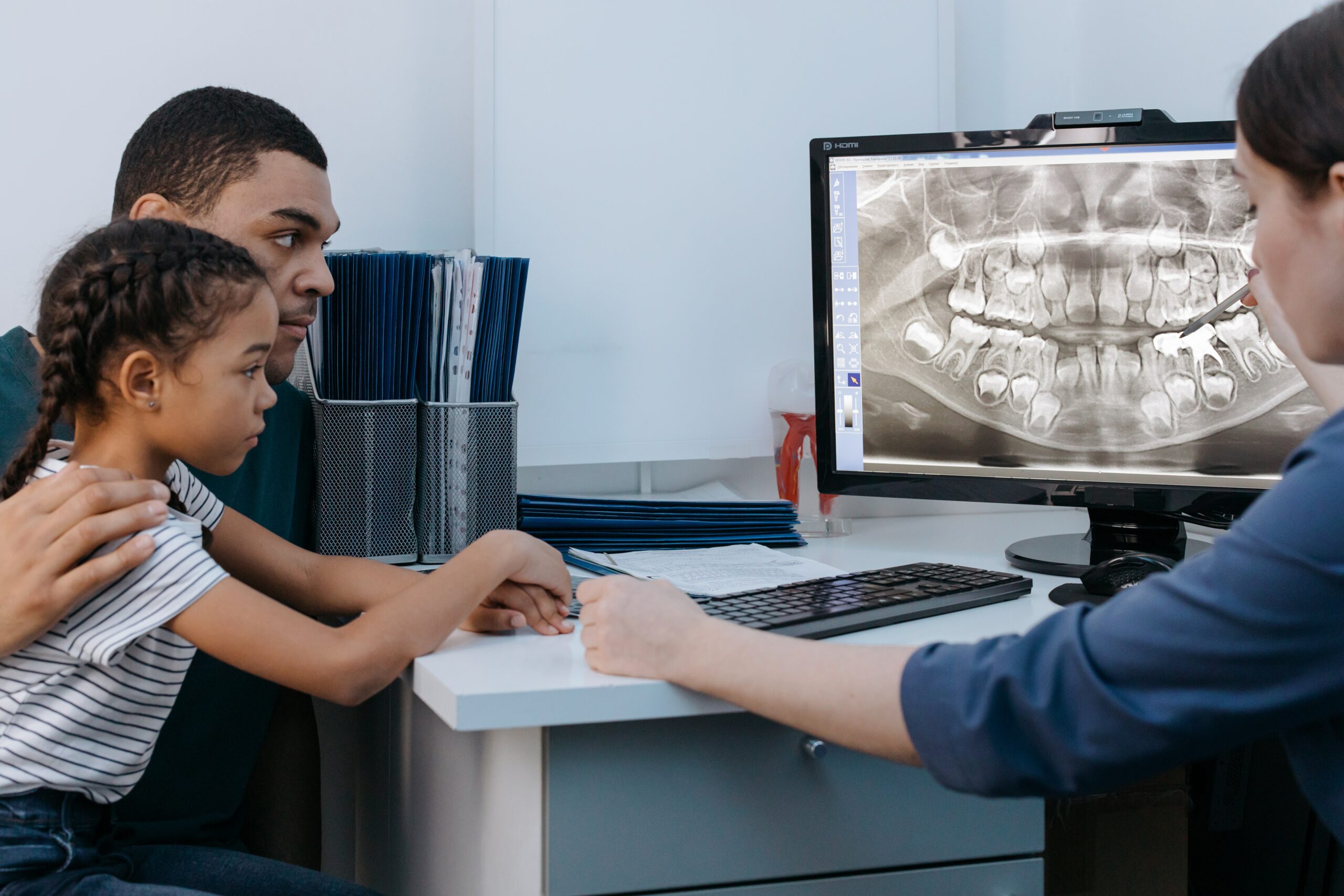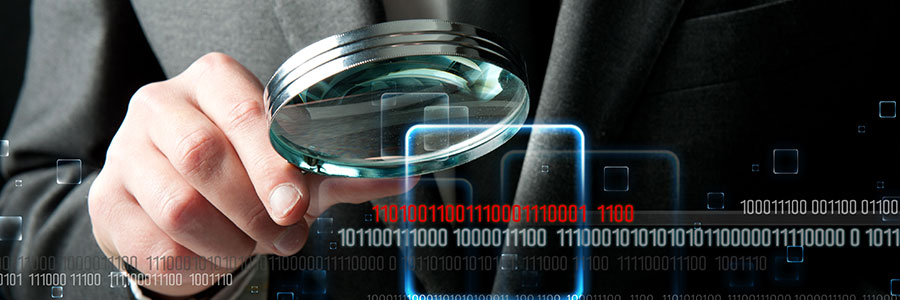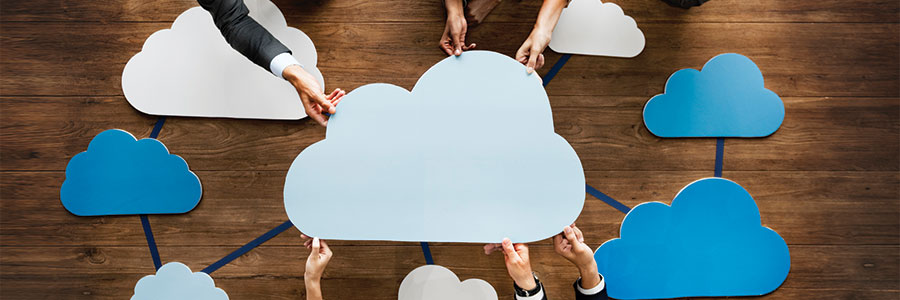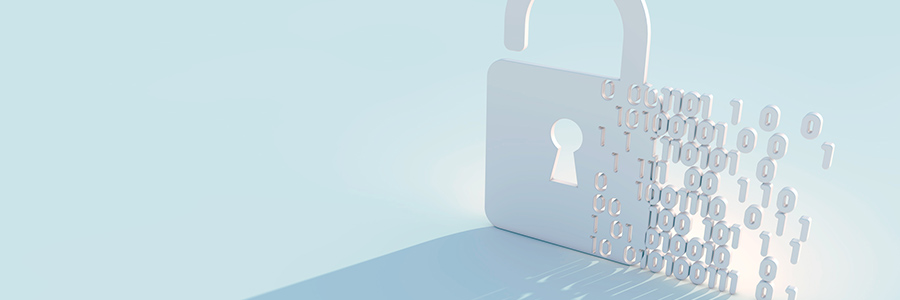Investing in the latest technology can keep your dental practice competitive, innovative, and in tune with the latest market trends. However, planning a comprehensive IT budget is critical for prioritizing tech investments, spotting underused resources, and identifying maintenance needs.
6 Benefits of Network Monitoring Services for Dental Practices

Productivity and data security are typically among the top priorities of any dental practice. You'll want to handle patients' private medical information properly not only to ensure excellent service, but also to win your patients' trust and loyalty. Achieving this requires investment in proper IT resources, one of which is network monitoring — a service that boosts both system efficiency and ensures reliable patient care.
How to Know if Your Dental IT Company is the Right Fit

In a time where nearly every dental practice, regardless of size, runs on technology, it's no surprise that practice owners have partnered with outsourced dental IT service providers to help keep their offices up and running. Working with a team of experts whose sole focus is to manage and maintain your network means one less thing on your plate, giving you more time to focus on what's most important for your practice and patients.
How to Protect Your Dental Practice from Ransomware in 2021
Crucial Components of a Secure Network

With the average cost of a data breach currently sitting at $3.86 million and brute force attacks soaring by 400% during the COVID-19 pandemic, ensuring a secure network is a must for your dental practice. Lost, tampered, or leaked patient data can significantly damage your practice’s reputation and patient trust.
Cloud Services: The Benefits and Drawbacks for Dental Practices
How to spot phishing scams: 5 Signs dental practices should look out for

Phishing continues to be one of the most effective methods of cyberattack plaguing many dental practices today. Phishing refers to a technique that involves an outside entity gaining access to private networks or data with the assistance of someone with legitimate access to them, obtained through deception and social manipulation.







